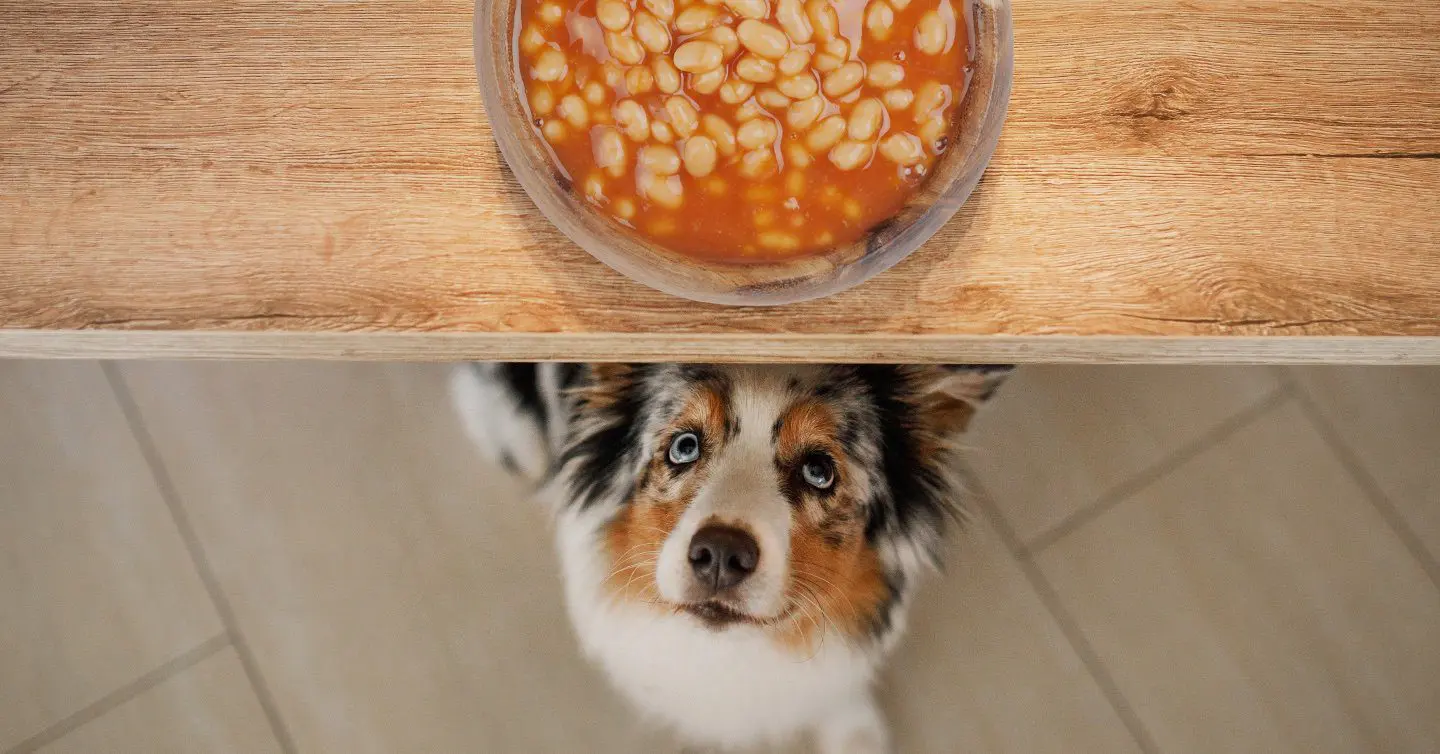Kidney beans are a staple in many households, commonly found in chili, salads, and various dishes. However, if you’re considering sharing kidney beans with your furry friend, it’s essential to understand their safety and nutritional value for dogs. In this article, we’ll explore whether dogs can eat kidney beans, the potential benefits and risks, and how to prepare them safely.
Are Kidney Beans Safe for Dogs?
Yes, cooked kidney beans are safe for dogs to eat in moderation, but there are important precautions to consider. Kidney beans are rich in nutrients and can offer some health benefits. However, they must always be cooked thoroughly before serving, as raw or undercooked kidney beans contain toxins that can be harmful to dogs.
Nutritional Benefits of Kidney Beans for Dogs
-
High in Protein: Kidney beans are an excellent source of plant-based protein, which is essential for your dog’s muscle development and overall health.
-
Rich in Fiber: The high fiber content in kidney beans can aid digestion and promote regular bowel movements. It can also help maintain a healthy weight by keeping your dog feeling full.
-
Vitamins and Minerals: Kidney beans provide several essential vitamins and minerals, including iron, potassium, and folate, which contribute to overall canine health.
-
Antioxidants: Kidney beans contain antioxidants that can help combat free radicals in your dog's body, potentially reducing the risk of chronic diseases.
How to Prepare Kidney Beans for Dogs
To safely serve kidney beans to your dog, follow these steps:
-
Cook Thoroughly: Always cook kidney beans before offering them to your dog. Boil them until they are soft, as this eliminates the toxins present in raw or undercooked beans.
-
Avoid Seasonings: When preparing kidney beans for your dog, do not add any salt, spices, or sauces. These ingredients can be harmful and upset your dog's stomach.
-
Introduce Slowly: If it’s your dog’s first time eating kidney beans, start with a small amount to see how they react. Monitor for any signs of digestive upset.
-
Serve in Moderation: Kidney beans should be considered a treat or supplement to your dog’s regular diet, not a main course. Too many beans can lead to gas or bloating due to their high fiber content.
Potential Risks of Feeding Kidney Beans to Dogs
While cooked kidney beans can be beneficial, there are some risks to consider:
-
Raw or Undercooked Beans: Never feed your dog raw or undercooked kidney beans, as they contain phytohemagglutinin, a toxic compound that can cause severe gastrointestinal distress.
-
Gas and Bloating: Some dogs may experience gas or bloating when eating beans due to their high fiber content. Introduce them gradually and monitor your dog’s response.
-
Allergic Reactions: Although rare, some dogs may be allergic to beans. If you notice signs of an allergic reaction, such as itching, swelling, or gastrointestinal upset, discontinue feeding kidney beans and consult your vet.
Conclusion
Cooked kidney beans can be a healthy addition to your dog's diet when prepared correctly. They offer numerous nutritional benefits, including protein, fiber, and essential vitamins. Always ensure that kidney beans are cooked thoroughly, free from harmful additives, and served in moderation. If you’re unsure about introducing kidney beans or any new food into your dog’s diet, consult your veterinarian for personalized advice.


